SchuBu and the joy of learning and teaching
For the Viennese EdTech company SchuBu, fun in teaching and learning is the basis of successful school education. Thus, it is also the ambition of the 24-member team to fundamentally improve teaching and to make learning itself more enjoyable. They achieve this with their interactive learning platform for teachers and learners alike.
Developed with schools for schools
The young company has great visions and plans for the school sector. These are not only to be realised through the colourful SchuBu learning platform – more on that in a moment – but also grow from the experience of the five established founding personalities Paul Beyer Klinkosch, Hagen Wieshofer, Ulrich Müller-Uri, Stefan Prochaska and Lev Lumesberger. Almost every one of them has already successfully founded a company and is an expert in at least one of the fields of game design, multi-media art, gamification or software and web development. So the entrepreneurs are not only good at talking and visioning, but also at doing.
After initial research and discussions in schools (conveniently, two of the founders’ partners are teachers themselves), they programmed a prototype of their digital textbook. The resulting teaching and learning platform was put through its paces with pilot schools immediately after its founding in February 2020 and further developed according to their feedback. The result is now impressive – lessons on biology, geography and German for the 5th grade of secondary schools and grammar schools are available on the schubu.at website. Individual chapters of other subjects are also already available, and the offer is constantly being expanded. “We have already been able to win over the first schools outside of our pilot projects,” says founder, Sales Manager and Head of Business Development Paul Beyer Klinkosch.
Simple and personalised teaching
SchuBu can be used completely as an alternative to the analogue textbook. In class, the chapters consisting of worksheets and exercises – such as puzzles, games or graphics – are simply projected onto the wall with a projector or shown on the digital whiteboard. While the standard content on the web browser-based platform is freely accessible to all, the premium variant costs one euro per pupil each month. With this extended access, for example, the “SchuBulender” is used, a calendar via which teachers can set homework. Pupils also have the option of creating their own dictionaries and can access their completed exercises at any time.
In addition, the personalised version allows for cross-curricular learning – for example, learning units of English vocabulary that match the current geography lesson. Another practical feature is the comment function, which allows teachers to communicate with their learners in the individual lessons. If, for example, a task on taking off and landing a graphically depicted aeroplane does not quite work because the flaps on the wings have not been set correctly, teachers can note down small tips on the digital worksheet on how the aeroplane can still take off successfully. In any case, this simple and practical usability was always a central point in the development. “A learning programme must be self-explanatory. No one has explained to millions of people how to use Instagram or Twitter. So if our users need someone to understand SchuBu, then we’ve done something wrong,” says Paul.
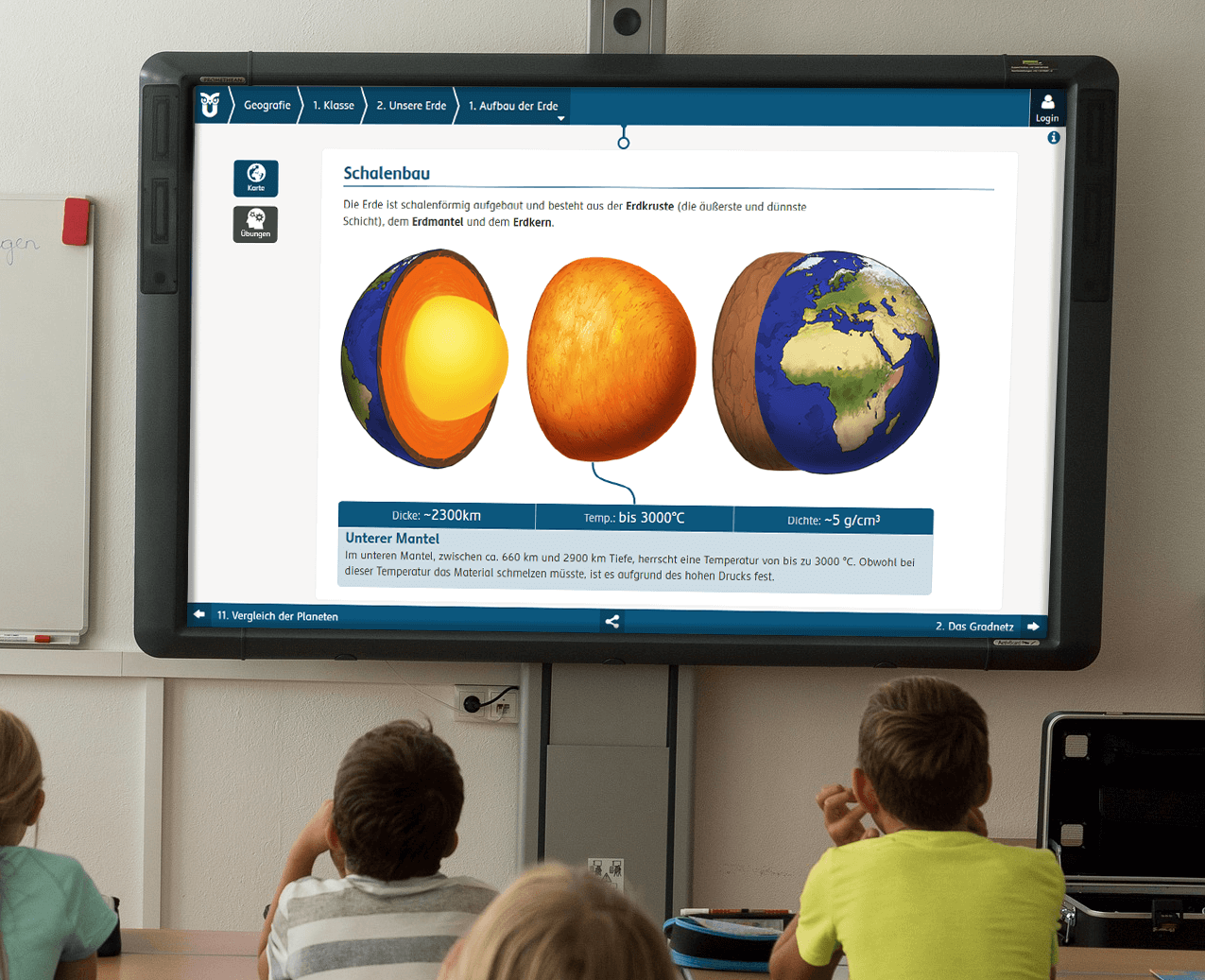
Gamification does not automatically mean collecting points
However, SchuBu does not have a points system for successfully completed exercises in the form of talers, coins or other tokens. And yet gamification is in play. “It’s about playing itself, solving problems and getting recognition. Seeing what works and seeing how something works. So we draw on the intrinsic motivation system,” explains the SchuBu founding father. For a long time, there had been a widespread misconception about gamification, that it was always about chasing high scores or the most points.
So while the current version of their vision continues to be established on the market, there is to be a kind of SchuBu Wikipedia in the future. On “SchuBupedia”, teachers will then participate directly by giving feedback and discussing with other teaching staff. The idea: a comprehensive exchange of methods among teachers in order to optimise teaching for all students. In this way – according to the Fab-Five’s idea – SchuBu will also be expanded on a regular basis. An important step towards their idea of a new kind of school that everyone enjoys.
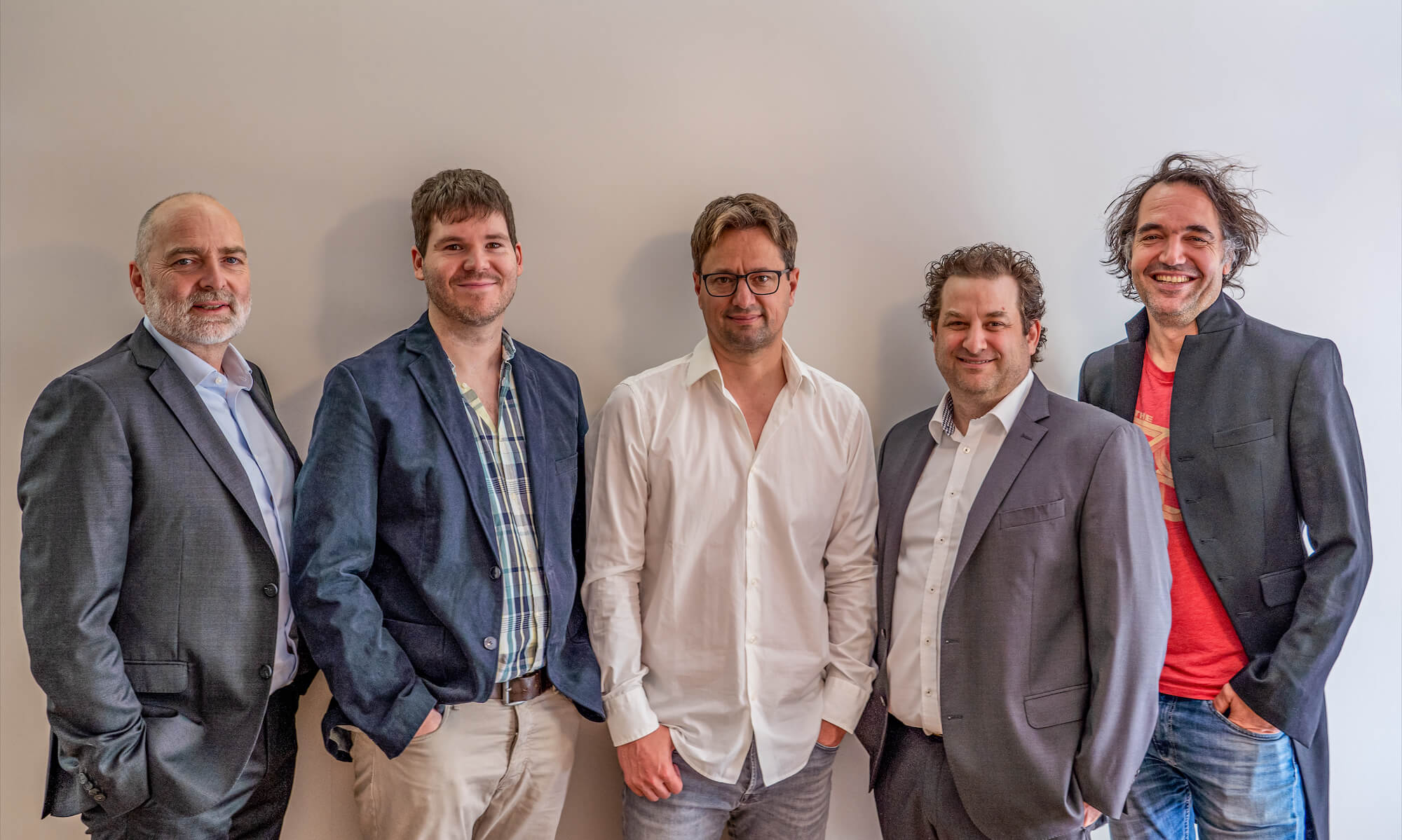
We asked Paul
Why is it so important to you to make the content available free of charge?
We want to improve school education in general, which is also an incentive for civil society. The basic level of education when we leave school is about the same everywhere in the western world and we want to consolidate that. Because when school is fun, learning is not done by rote, but on the basis of understanding. And thus knowledge is retained in the long term.
It sounds as if you want to offer SchuBu beyond Austria at some point?
Yes, definitely. In Germany, for example, the expansion of the school infrastructure will be structured very similarly to the 8-point plan of the Ministry of Education here in Austria. (Note: The plan states that digital learning should be supported through more use of innovative learning formats). Beyond the DACH region, it’s really only about the language problem – because Italians also need to know where Iceland is, for example, or how to calculate roots. At the moment, however, we are still concentrating on Austria and want to establish ourselves here first.
Speaking of Austria – the EdTech scene is currently experiencing a big upswing here due to enormous investments and exits. How do you see that?
You can see it from two sides. The fact that there is such a boom in the scene is nice for those who are very successful as a result. But unfortunately it shows that the school system does not function well enough in many areas. If there is a large market for tutoring solutions, it also means that there is a need for it. That should give us all food for thought. At SchuBu, it certainly has, which is why we want to help the schools and start where it should basically work.
More articles
The following articles might also interest you.

GenAIedTech: From Human to Machine
18. December 2025

Digital Roadshow: Learning Apps Marketplace
18. December 2025
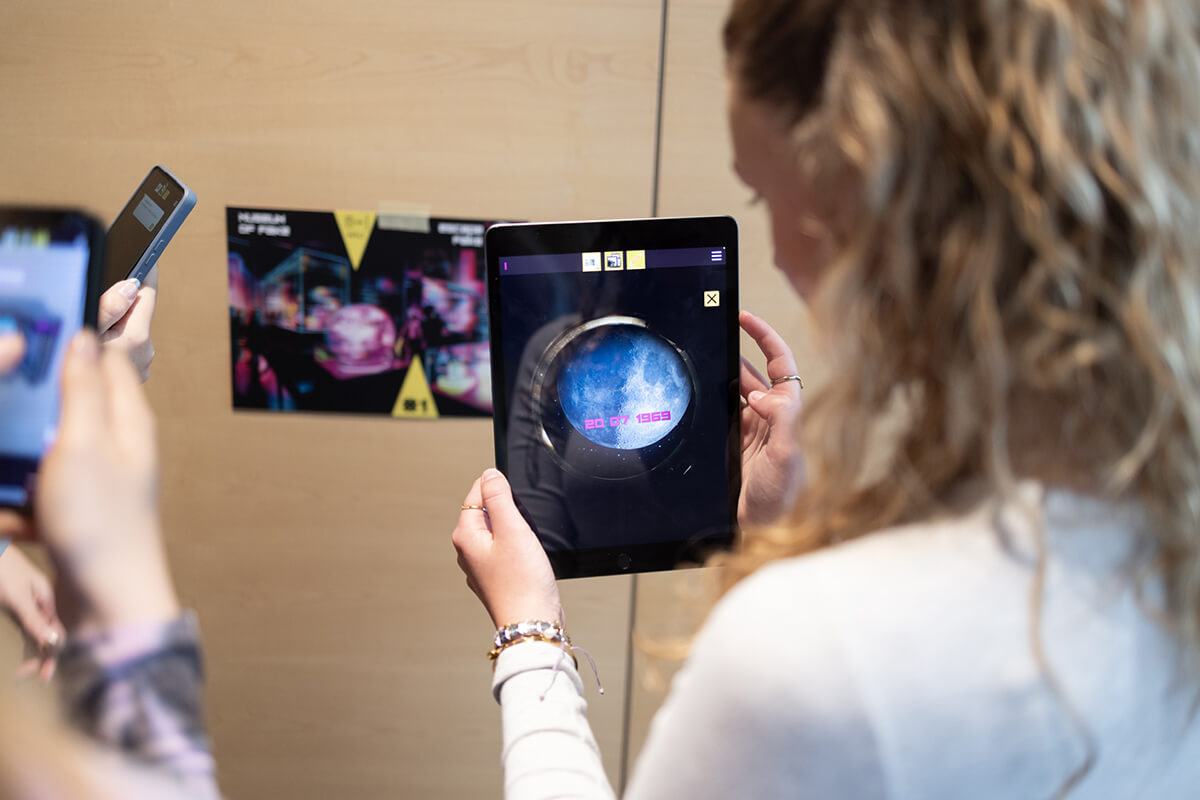
AR, VR and XR: Shaping Learning through Virtual Worlds
30. June 2025
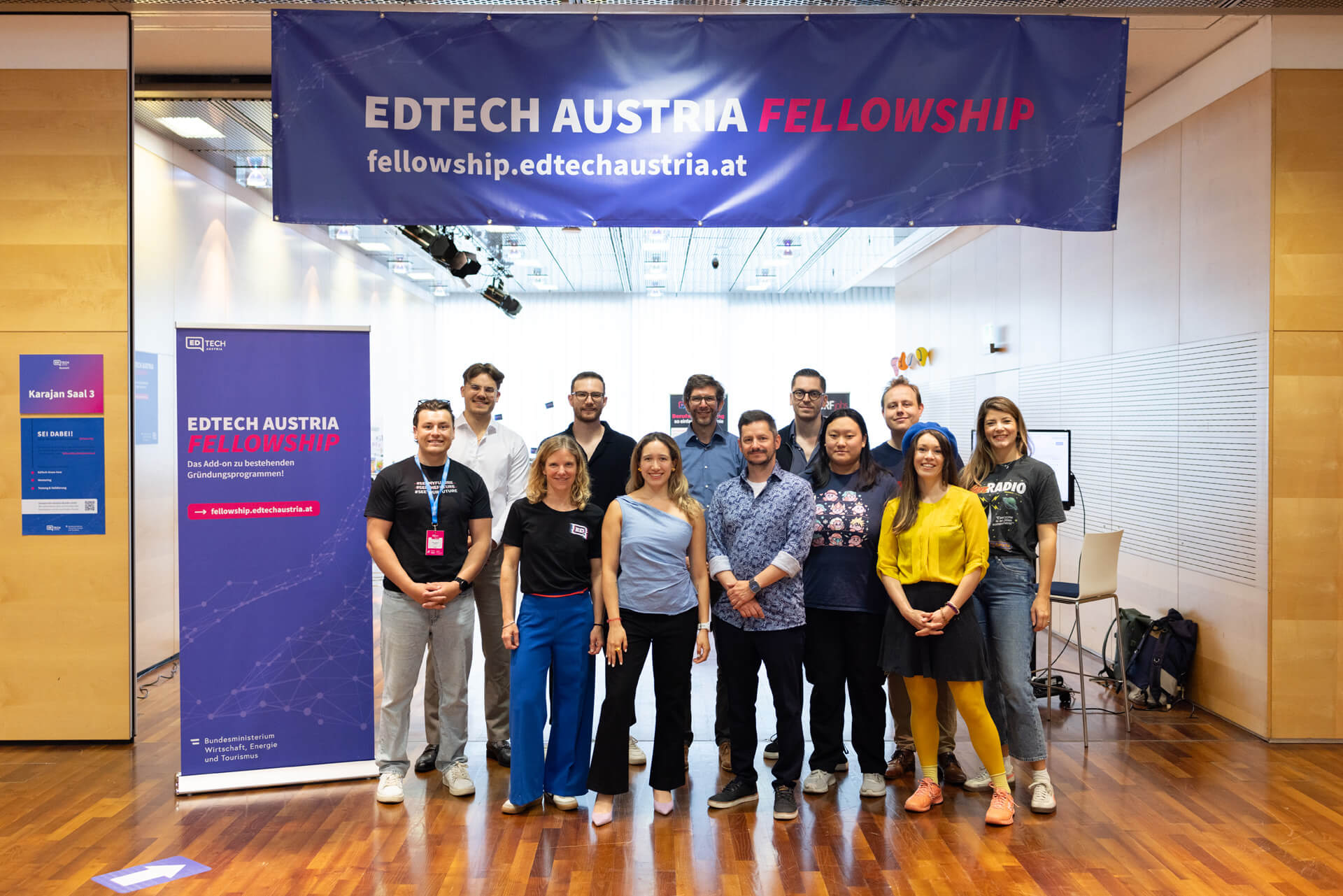
EdTech for all, all for EdTech – shaping the world of education together
18. June 2025
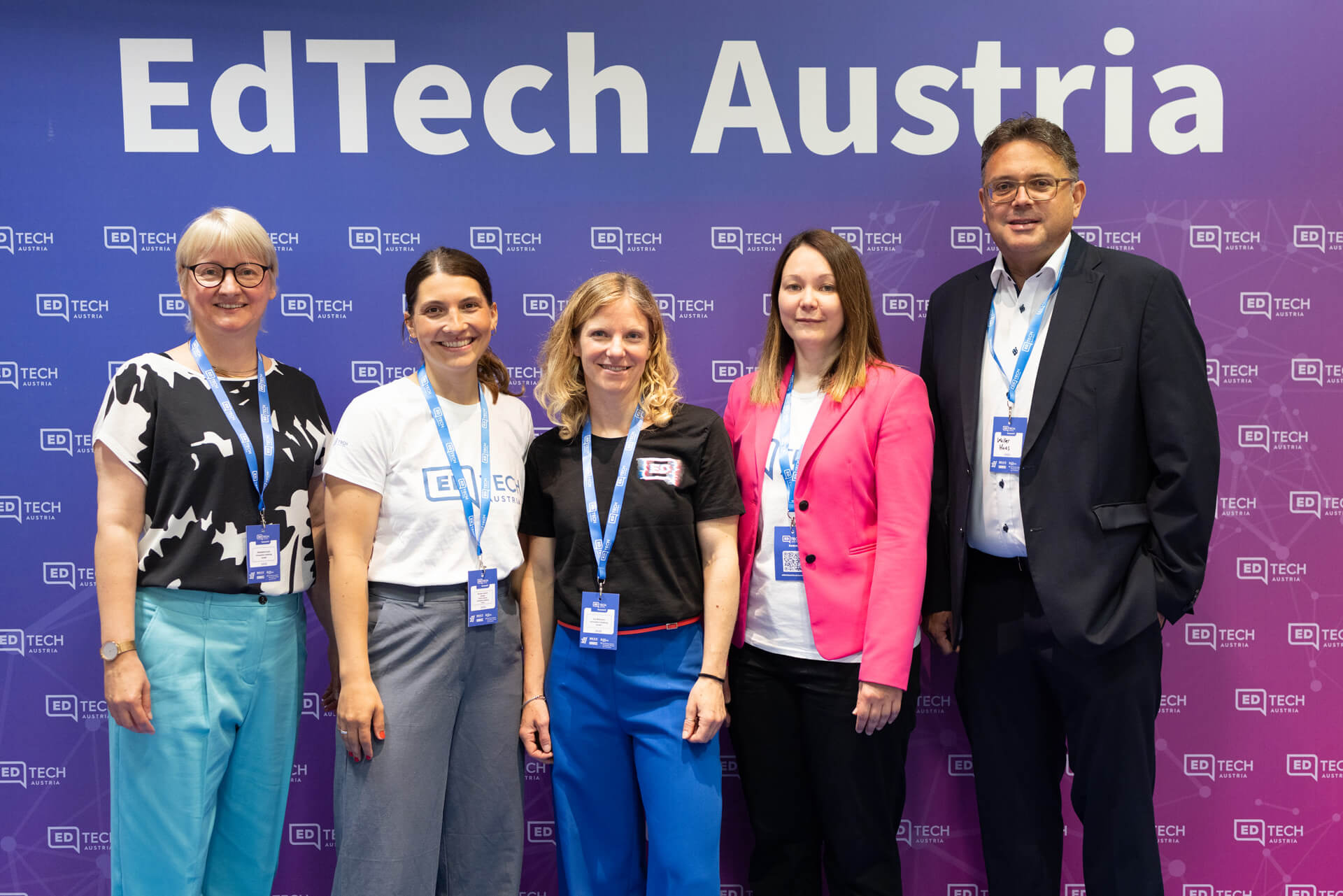
Real-World Practice Meets Innovation: The Fourth EdTech Austria Summit
3. June 2025
